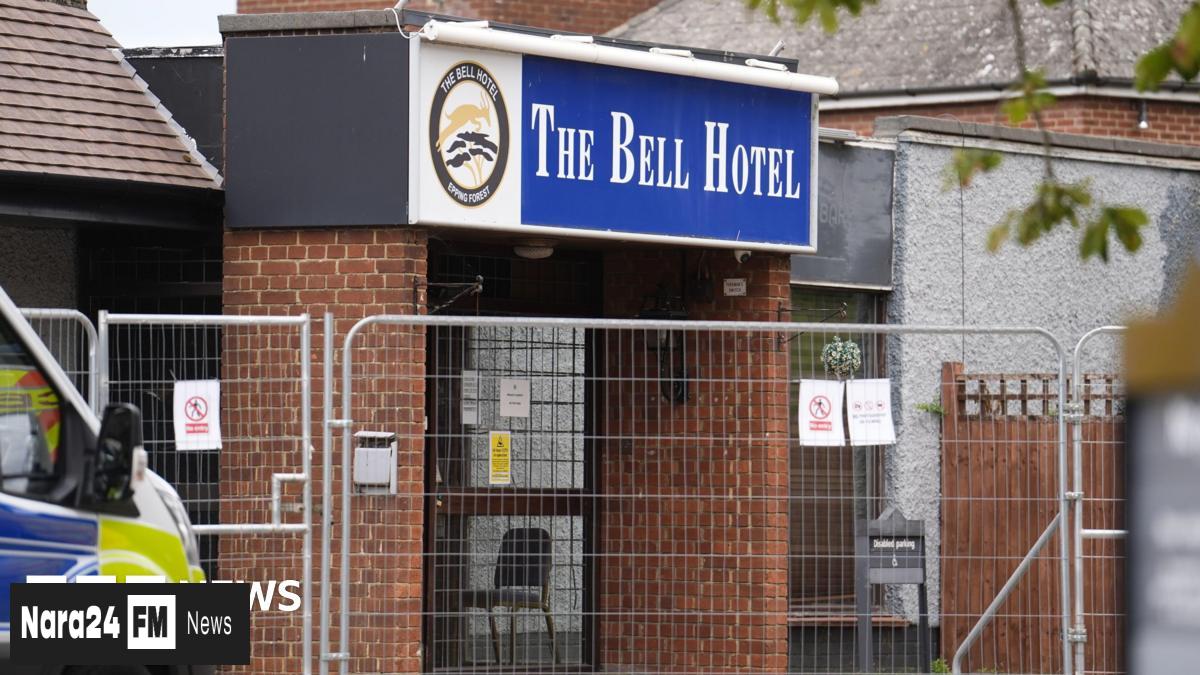In This Article
- High Court Rejects Government Appeal on Asylum Hotel Ban
- Government's Stance and Appeal Rationale
- Court's Reasoning: Community Tensions and Safety Risks
- Local Reactions and Legal Challenges
- Government Obligations and Political Responses
Key Takeaways
- The High Court rejected the UK government's appeal to overturn a local injunction banning asylum seekers from staying at the Bell Hotel in Epping, Essex.
- Epping Forest District Council secured the ruling due to concerns over community tensions and a serious incident involving an asylum seeker accused of sexually assaulting a minor.
- Home Secretary Yvette Cooper emphasized the need for a national, orderly plan to close asylum hotels, warning against fragmented court decisions.
- The Bell Hotel's owner, Somani Hotels, intends to appeal the court's decision, while local Conservative councillors criticized the government's handling of the closure timeline and community disruption.
- The government maintains its legal duty to house asylum seekers to prevent destitution, with hotel accommodations currently lower than 2023's peak but slightly increased under Labour's leadership.
High Court Rules Against Government Appeal on Epping Asylum Hotel Ban
The UK government has been unsuccessful in its appeal against a High Court ruling that prohibits the placement of asylum seekers at the Bell Hotel in Epping, Essex. The Court dismissed the Home Secretary's final attempt to intervene before rendering its decision, upholding the council's temporary injunction that prevents the use of the venue for asylum accommodation.
Home Secretary Yvette Cooper announced the government's intention to appeal the ruling shortly after the Court's judgment. Her statement emphasized the government's commitment to closing all asylum hotels, but stressed the need for a "properly managed way". Cooper explained the appeal was necessary to enable a national, orderly, and planned programme for hotel closures, countering the potential chaos of piecemeal court decisions.
The ruling stated that the presence of the hotel posed a clear risk of escalating community tensions and causing irreparable harm to the local area. This followed concerns raised by Epping Forest District Council, which cited the serious charge of sexually assaulting a minor by an asylum seeker already residing at the Bell Hotel as a contributing factor to its application.
Adding another layer to the legal challenge, the Bell Hotel's owner, Somani Hotels, confirmed their solicitors intend to appeal the court's order. Local Conservative councillor Holly Whitbread voiced disappointment, criticizing the government's timeline for closure and highlighting the significant disruption caused by protests to the local community.
The government maintains its legal obligation to house asylum seekers who would otherwise be destitute. While the number of asylum seekers accommodated in hotels increased slightly since Labour came to power, it remains substantially lower than the peak reached in 2023. Opposition figures, including Conservative shadow home secretary Chris Philp, condemned the Home Office's appeal, advocating instead for immediate deportation of irregular arrivals and protection of local communities. Further legal challenges from councils are reportedly being considered following the High Court's decision.








Comments (0)
Leave a Comment
Be the first to comment on this article!